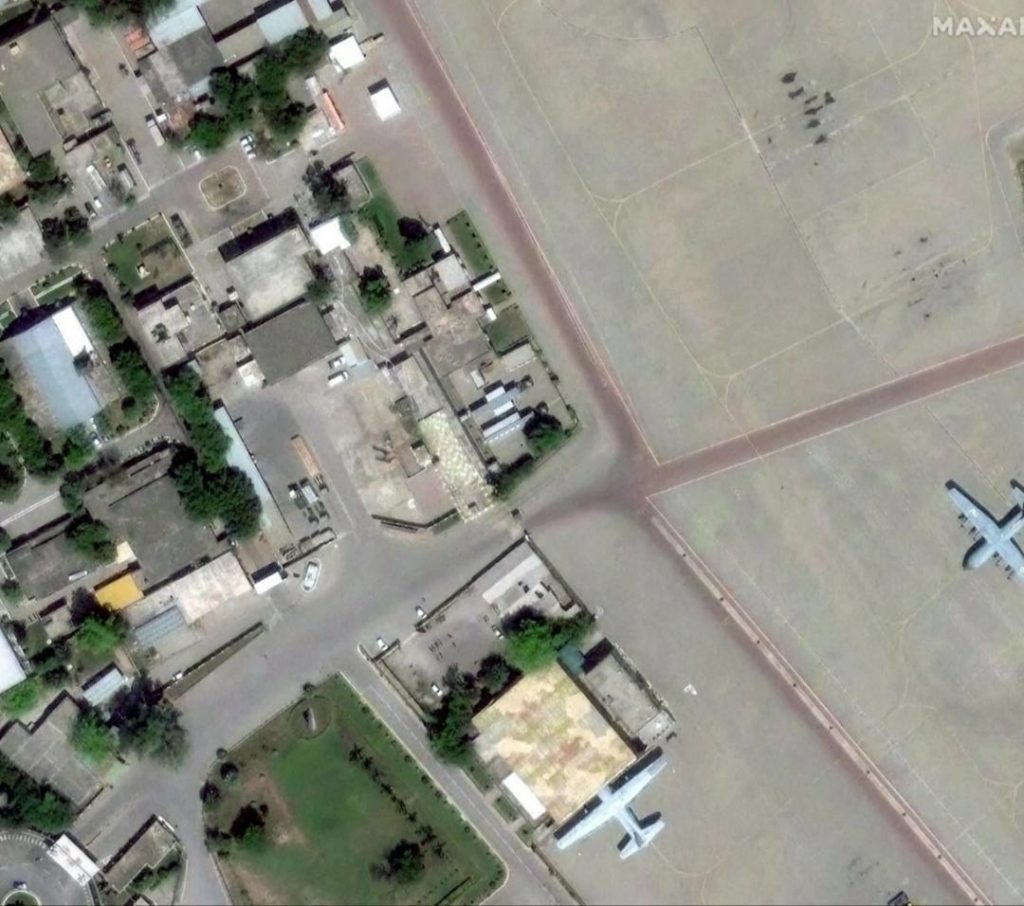
Air Defence Systems of China & Pak No Match for India’s BrahMos: Expert
In a recent interview, American urban warfare expert, Colonel (Retd) John Spencer, praised India’s precision strikes on Pakistan’s air bases during Operation Sindoor, stating that the air defence systems of China and Pakistan are no match for India’s BrahMos missile. The BrahMos missile has been a game-changer for India’s military, providing it with a significant advantage in terms of precision strikes and firepower.
India’s BrahMos missile, a joint venture between India and Russia, has been a subject of interest and admiration globally. The missile’s supersonic speed, advanced guidance system, and penetration capabilities make it a formidable weapon, capable of taking down even the most advanced air defence systems. During Operation Sindoor, India successfully used BrahMos missiles to damage Pakistan’s air bases, sending a strong message to its adversaries.
Colonel Spencer, who has extensive experience in urban warfare, was impressed by India’s surgical strikes on Pakistan’s air bases. “Chinese air defence systems and missiles are sub-par vis-à-vis India’s systems…India’s message was clear. It can hit anywhere in Pakistan anytime,” he said in an interview. His comments are a testament to the BrahMos missile’s capabilities and India’s military prowess.
The BrahMos missile’s advanced technology and capabilities make it a significant upgrade for India’s military. The missile’s supersonic speed, which can reach up to Mach 2.8, makes it difficult for air defence systems to intercept. Moreover, its advanced guidance system and penetration capabilities enable it to take down even the most hardened targets.
China and Pakistan have been trying to develop their own air defence systems, but their efforts have been met with limited success. China’s air defence systems, such as the HQ-9 and HQ-22 surface-to-air missile systems, are considered to be inferior to India’s BrahMos missile. Similarly, Pakistan’s air defence systems, such as the Chinese-made LY-80 and LY-60 surface-to-air missile systems, are also considered to be sub-par.
Pakistan’s air force has been trying to acquire advanced air defence systems, including the Chinese-made HQ-9 and S-400 systems. However, these systems are still in the process of being integrated into Pakistan’s military, and their effectiveness is still unclear. India, on the other hand, has already demonstrated the effectiveness of its BrahMos missile during Operation Sindoor.
The BrahMos missile’s success during Operation Sindoor has significant implications for regional security. It has sent a strong message to Pakistan and China that India is capable of taking decisive action in response to any aggression. The missile’s capabilities have also given India a significant advantage in terms of deterrence, making it more difficult for its adversaries to take military action against it.
In conclusion, Colonel Spencer’s comments highlight the BrahMos missile’s capabilities and India’s military prowess. The air defence systems of China and Pakistan are no match for India’s BrahMos missile, and India’s surgical strikes on Pakistan’s air bases during Operation Sindoor have sent a strong message to its adversaries. The BrahMos missile has become a game-changer for India’s military, providing it with a significant advantage in terms of precision strikes and firepower.



